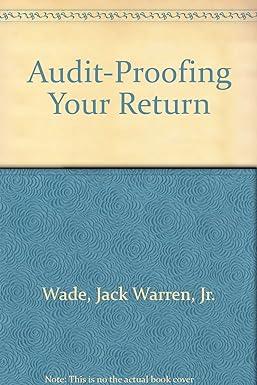Question
Commercial paper is supposed to be low risk. Our financial system depends on companies being willing to lend one another funds to cover short-term deficits.
Commercial paper is supposed to be low risk. Our financial system depends on companies being willing to lend one another funds to cover short-term deficits.
Commercial paper is a specialized form of extremely low-risk, short-term bondsbasically a form of an I.O.U. People like Balika, bond traders, arrange the transfer of money from the flush to the temporarily needy. When ServiceMaster needs some money, it calls a bond trader and offers to sell an I.O.U. to another company that has some extra cash. Then, when ServiceMaster is flush again, it can buy back that I.O.U. and give some of its extra cash to a firm that needs money. (It is a bit confusing that the borrower sells a bond and the lender buys one.) In normal times, this process happens as fast as it takes a broker to hit a few computer keys.
In September 2008, lots of companies wanted to sell bondsthey needed cash quicklybut virtually none were willing to buy them, fearful that the bonds would be worth nothing the next day.
If you were a company executive during September 2008 tasked with covering the short-term financial needs of your company,
what would your solution have been? What if you were (on the other end) with excess funds that you would normally lend to a company facing a short-term deficit?
Would you have made that loan?
What ethical considerations would there be on both sides?
Please do not copy and paste previous answers to the same question, use your own, if you can't use your own point of view don't answer it.
Step by Step Solution
There are 3 Steps involved in it
Step: 1

Get Instant Access to Expert-Tailored Solutions
See step-by-step solutions with expert insights and AI powered tools for academic success
Step: 2

Step: 3

Ace Your Homework with AI
Get the answers you need in no time with our AI-driven, step-by-step assistance
Get Started


